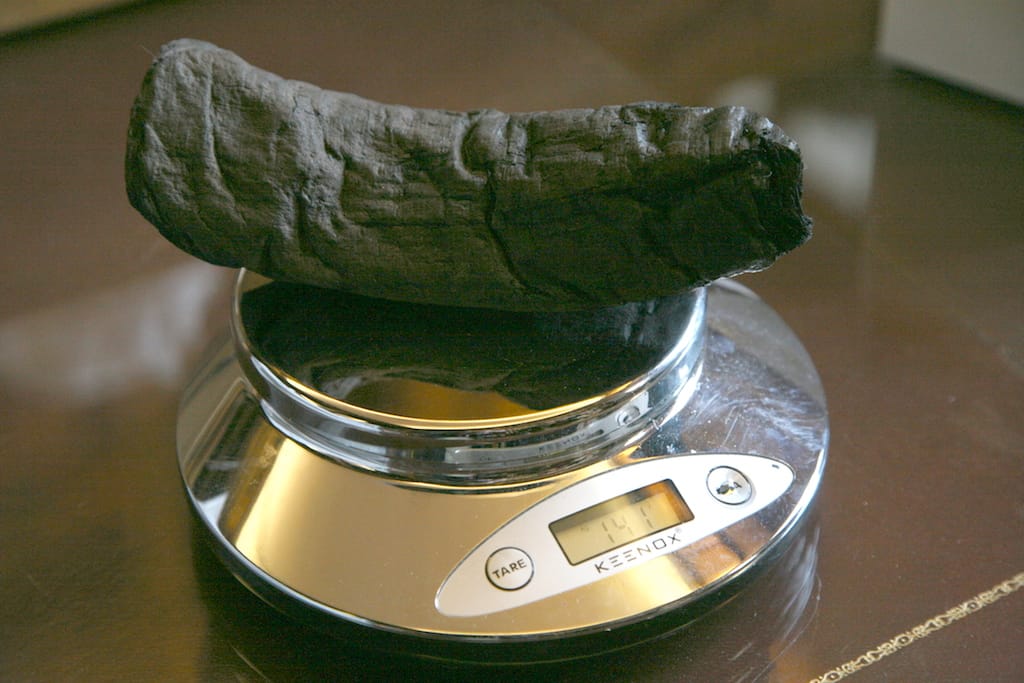Unlocking the Past, Inspiring the Future: The Vesuvius Challenge and the Power of Open Innovation

Nearly 2,000 years ago, Mount Vesuvius's eruption buried Herculaneum and its library of scrolls, a potential treasure trove of ancient Greek and Roman literature. These scrolls, discovered in the 18th century and now housed in a Naples library, resemble carbonized lumps of ash that cannot be unrolled without damage. The challenge: how to read these texts without opening them.
On March 15th, 2023, former GitHub CEO Nat Friedman, Daniel Gross, and William Seales launched the Vesuvius Challenge, aiming to solve this ancient puzzle. With over $1M in prizes, the effort sought to unearth novel ways to decipher these ancient texts with computer vision, machine learning, and a lot of human ingenuity.
By January 1, 2024, 18 solutions were submitted for the $700,000 grand prize. One of them immediately stood out, fulfilling the ambitious criteria set at the challenge's outset: deciphering 4 passages of 140 characters, with over 85% of the characters recoverable. The winning team included Youssef Nader, an Egyptian PhD student in Berlin; Luke Farritor, a 21-year-old college student and SpaceX intern from Nebraska; and Julian Schilliger, a Swiss robotics student at ETH Zürich.

Each had been a standout community contributor in the earlier stages of the challenge. Youssef, who had previously won the second-place First Letters Prize in October 2024 for his extraction of a few columns of text, became the natural lead for the team. Luke made history by being the first to read an entire word (ΠΟΡΦΥΡΑϹ, “purple”) from a Herculaneum scroll, earning him the first-place First Letters Prize. Julian, known for his work on Volume Cartographer which won three Segmentation Tooling prizes, played a crucial role in the 3D mapping of the papyrus areas.

The way the victorious trio came together is largely due to the Vesuvius Challenge's ingenious strategy of mixing competition with collaboration. The organizers understood that offering just a Grand Prize could encourage participants to keep their findings secret, fearing others might use them to gain an edge. To counter this, the challenge introduced "progress prizes," smaller incentives ranging from $1,000 to $100,000, which required winners to publish their code or research as open source. This approach not only "leveled up" the community but also generated excitement, motivated participants, and enabled the winners to reinvest their prize money into better equipment, access to AI tools, or even reduced hours in their "regular" job. Crucially, it also fostered an environment where participants could discover each other's skills and join forces.
The Vesuvius Challenged has made great strides, but it has so far only tackled 5 percent of a single scroll. Friedman, Searles, and Gross have announced a new challenge for 2024: $100,000 for the first entry that can read 90 percent of the four scrolls scanned thus far. The goal is to automate the process for interpreting the text, making it much more efficient that the current manual methods.
If you're a manager in a big company, you probably face a myriad of seemingly intractable problems. Here's an idea: pick one problem and make it your "Vesuvius Challenge." Bid it out to everyone in the company and even outsiders. Chances are, you’ll be blown away by the ingenious solutions coming from the most unexpected places.